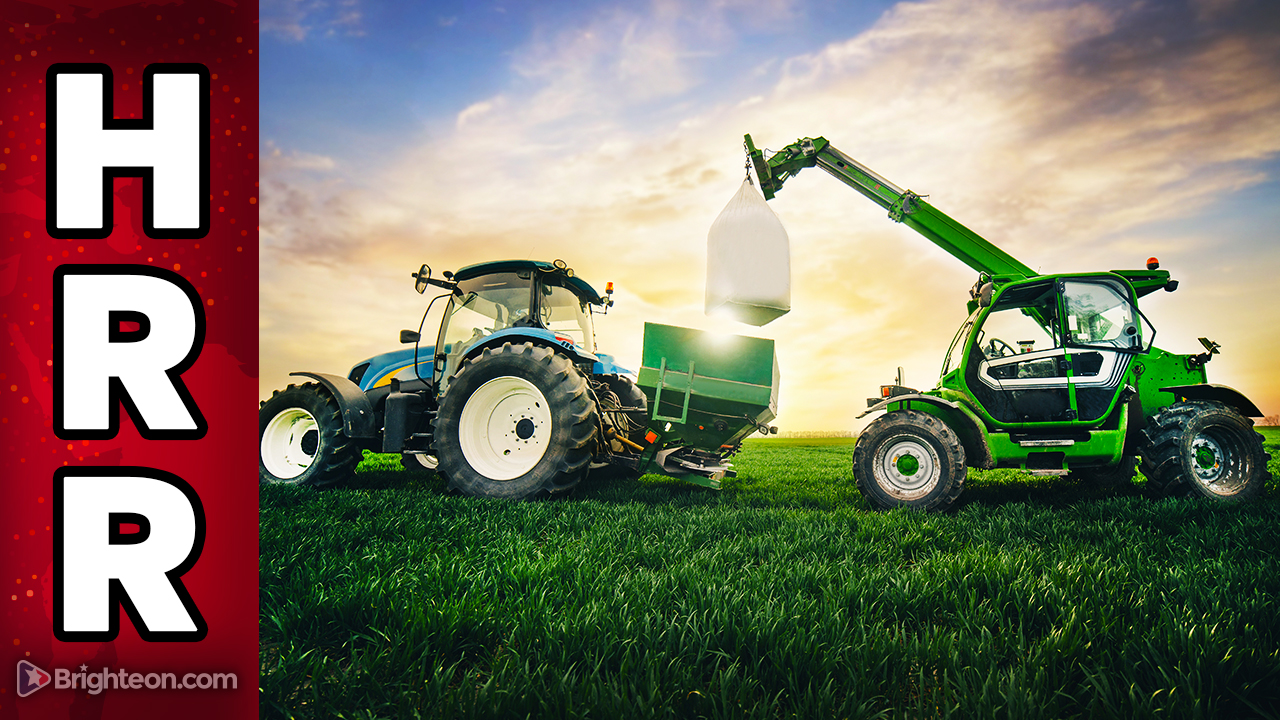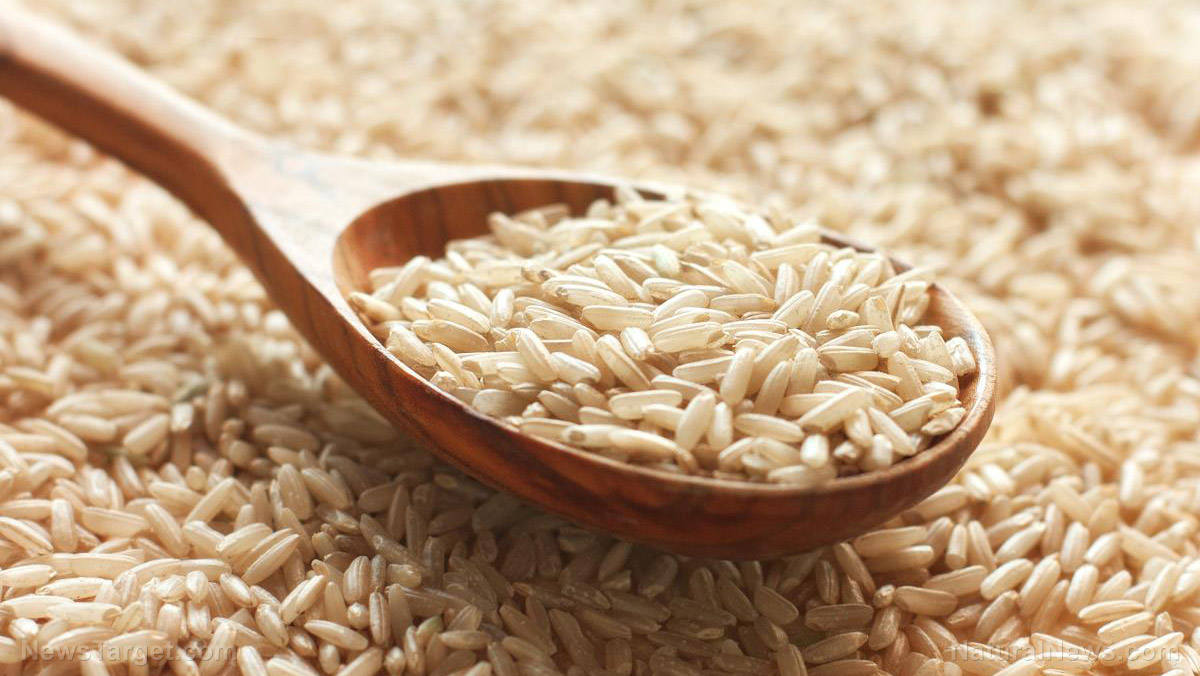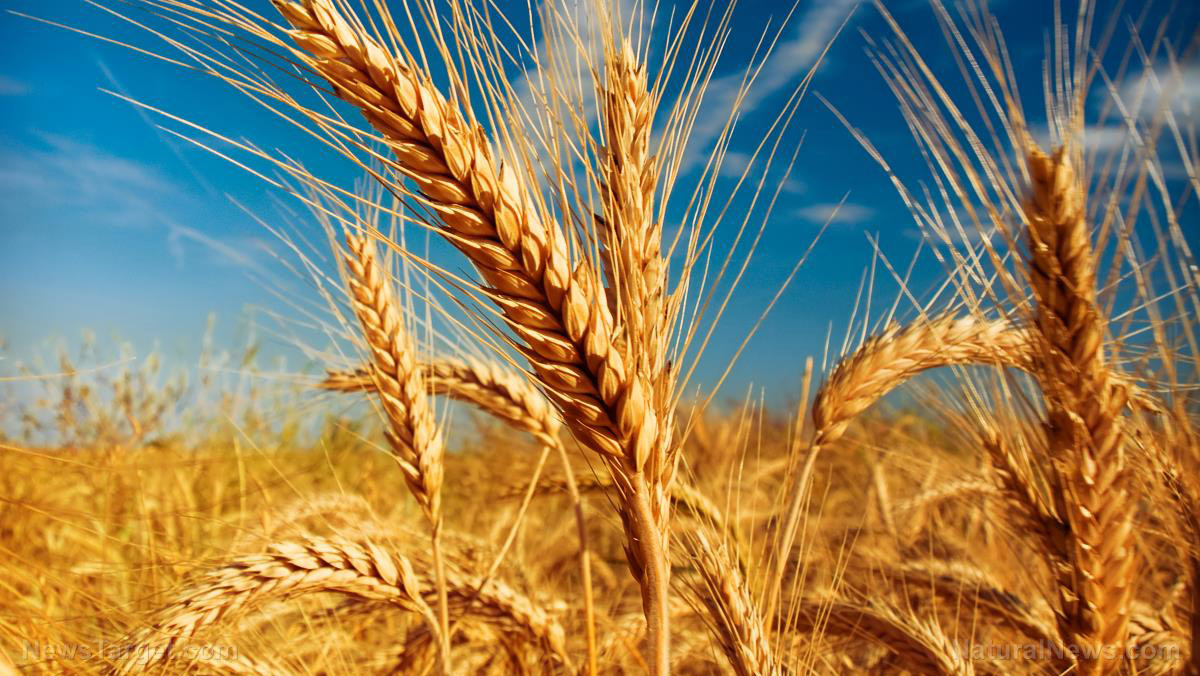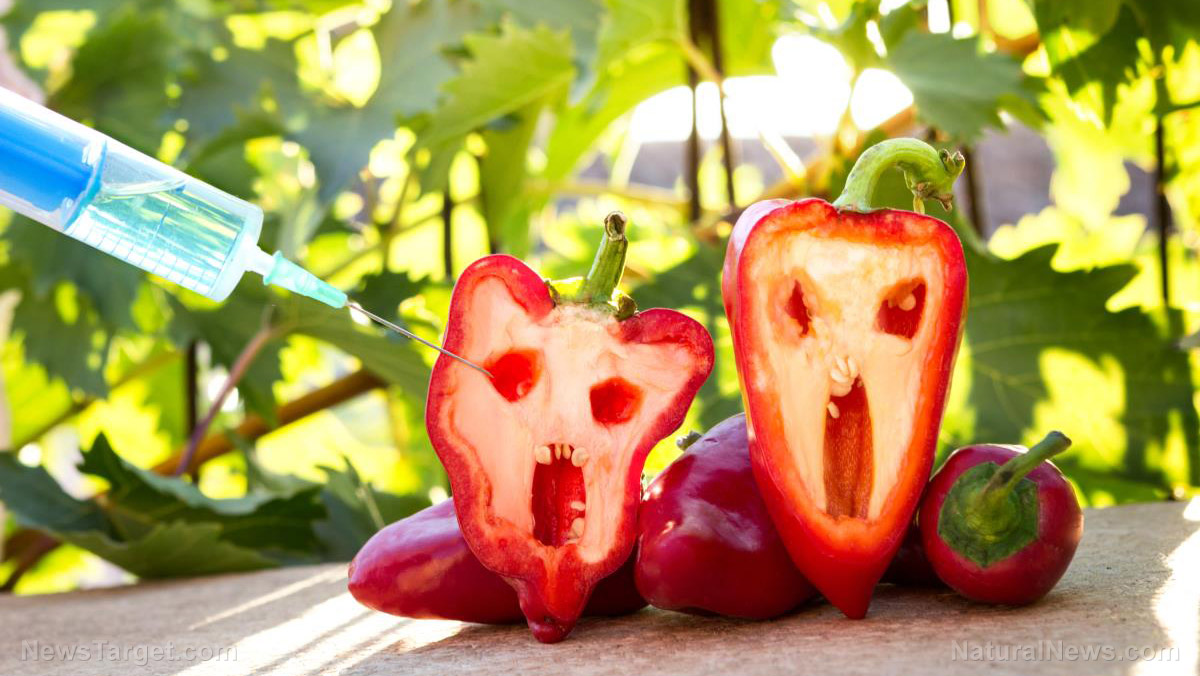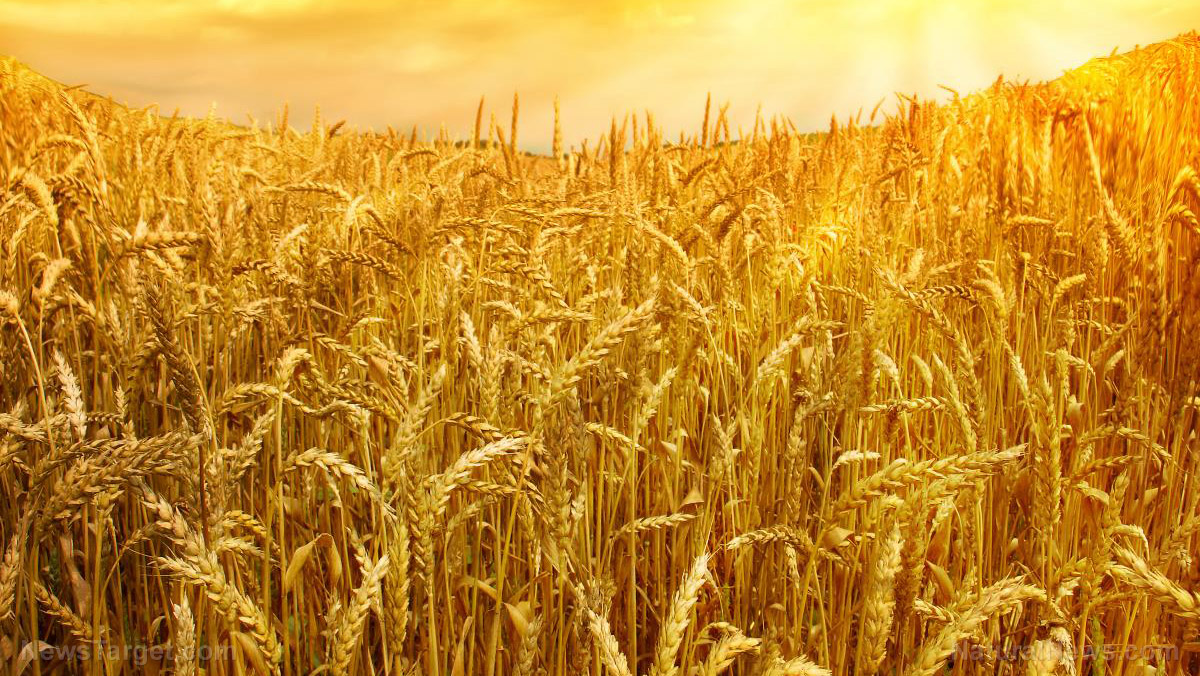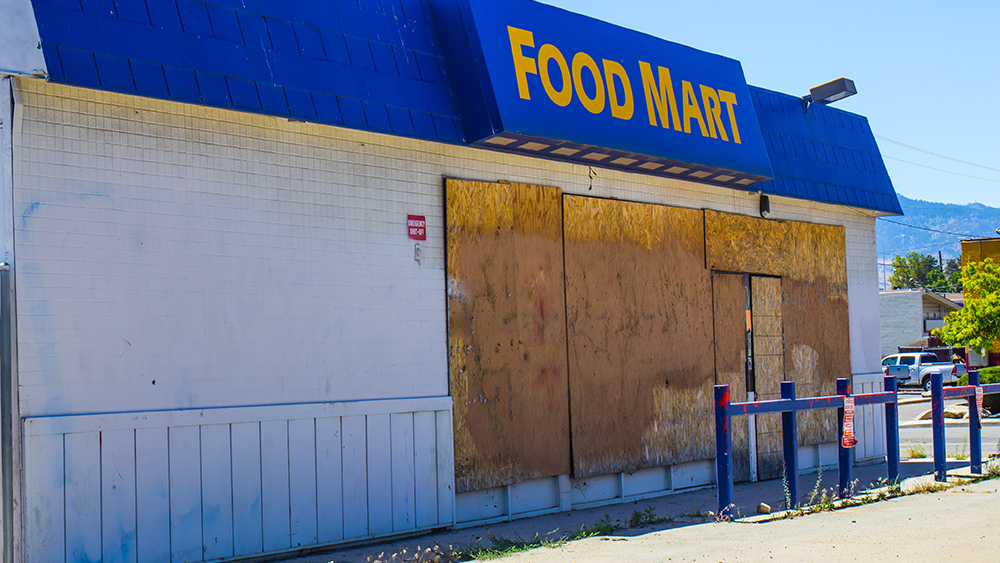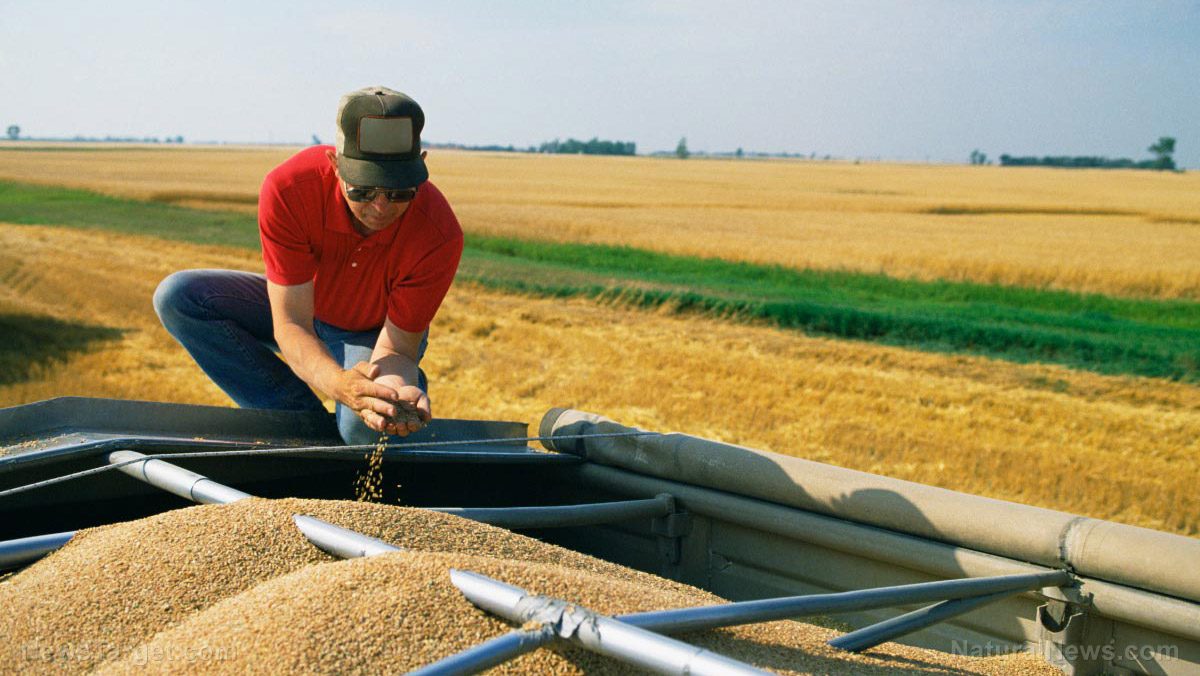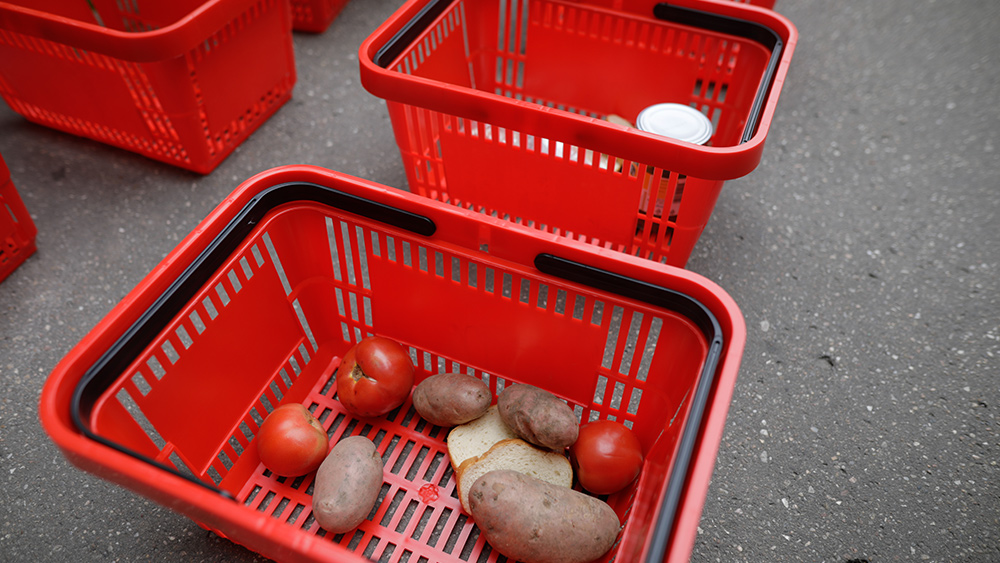Millions face severe hunger as war, drought and bad government policies exacerbate global food shortages
06/02/2022 / By Mary Villareal

In countries like Somalia, most of the wheat comes from Ukraine and Russia, which have halted their exports through the Black Sea since the beginning of their war on February 24. The United Nations also recently warned that an estimated 13 million people were facing severe hunger in the Horn of Africa region due to persistent drought.
Some people have been trying to make do by substituting wheat with sorghum, which is a more readily available grain. But with inflation raising the prices of other necessities such as cooking oil, overall costs have skyrocketed. A jar of cooking oil that once cost $16 can now sell for as much as $45 in Mogadishu.
“The cost of living is high nowadays, making it difficult for families even to afford flour and oil,” said Ayan Hassan Abdirahman, a mother of 11.
Haji Abdi Dhiblawe, a businessman who imports wheat flour into Somalia, believes that the situation could only get worse as there is also a looming shortage of shipping containers that bring food supplies from other parts of the globe.
Dhiblawe said Somalis have no place to grow their wheat, and are not even familiar with how to grow it. “Our main concern now is what will the future hold for us when we run out of supplies.”
The Sahel, a part of Africa just below the Sahara Desert, will also find 18 million of its people facing severe hunger as farmers endure their worse agricultural production in over a decade. The United Nations World Food Program said the food shortages could worsen further when the lean season arrives late in the summer. (Related: World Alternative Media: Global food shortage is part of Great Reset agenda.)
WFP Executive Director David Beasley warned earlier this month that acute hunger is soaring to unprecedented levels and the global situation just keeps on getting worse.
“Conflict, the climate crisis, COVID-19 and surging food and fuel costs have created a perfect storm – and now we’ve got the war in Ukraine piling catastrophe on top of catastrophe,” he said.
UNICEF noted that even therapeutic food for malnourished children could see prices increase by around 16 percent over the next six months due to the war and disruptions related to the pandemic.
Figures from the UN indicated that African countries imported 44 percent of their wheat from Russia and Ukraine from 2018 to 2020. The African Development Bank also reported a 45 percent increase in wheat prices on the continent, making everything from couscous to fried doughnuts more expensive for consumers.
Senegalese President Macky Sall, who also serves as the African Union chairperson, said that Africa has no control over its production or logistics chains and is totally at the mercy of the situation.
Sall also said he will travel to Russia and Ukraine to discuss the price problems. (Related: Fertilizer costs driving up food prices, threatening food security worldwide.)
Russia pushes West to lift sanctions
Russian President Vladimir Putin already pressed the West to lift sanctions against Moscow over the war in Ukraine and sought to shift the blame for the growing world food crisis that has steadily been worsened by Ukraine’s inability to ship grain and other agricultural products while under attack.
Putin also told Italian Prime Minister Mario Draghi that Moscow is ready to make a significant contribution to overcoming the food crisis by exporting grain and fertilizer to Italy on the condition that they lift the politically-motivated restrictions imposed by the West.
Ukraine, on the other hand, accused Russia of looting both grain and farm equipment from territories held by its forces. A Russia-installed official in Southern Ukraine has confirmed that grain from last year’s harvest is being sent to buyers in Russia, with the grain not making its way to Africa.
The European Union (EU) has already cut some of Russia’s largest banks out of the Belgian-headquartered Swift interbank messaging system, which made it almost impossible to do business with them.
After talks with Sall, European Council President Charles Michel tweeted: “Russia is using food as a weapon of war. Destroying crops, blocking tons of grain, risking global famine. EU is sparing no efforts to free Ukraine’s exports over land and exploring alternative sea routes.”
Moscow has also blamed the global food crisis on western sanctions, with some countries guaranteeing “free export of Ukraine grain by ships that are now locked in Ukrainian ports,” he said on May 31. He also noted that western countries have a “flurry of artificial problems” by closing their ports to Russian vessels, which were sanctions passed by the EU and the United Kingdom.
Follow FoodSupply.news for more information about the global food shortages.
Watch the video below to learn how to prepare for WWIII, inflation and the global food crisis.
This video is from the Jerusalem Cats channel on Brighteon.com.
More related stories:
World’s largest fertilizer manufacturer sounds alarm, says shortages will last throughout 2023.
Sources include:
Submit a correction >>
Tagged Under:
agriculture, big government, chaos, collapse, conflict, conspiracy, drought, food collapse, food rationing, food shortages, food supply, inflation, products, Russia, sanctions, starvation, Ukraine, wheat, World War III
This article may contain statements that reflect the opinion of the author
RECENT NEWS & ARTICLES
WorldAgriculture.News is a fact-based public education website published by WorldAgriculture News Features, LLC.
All content copyright © 2022 by WorldAgriculture News Features, LLC.
Contact Us with Tips or Corrections
All trademarks, registered trademarks and servicemarks mentioned on this site are the property of their respective owners.


